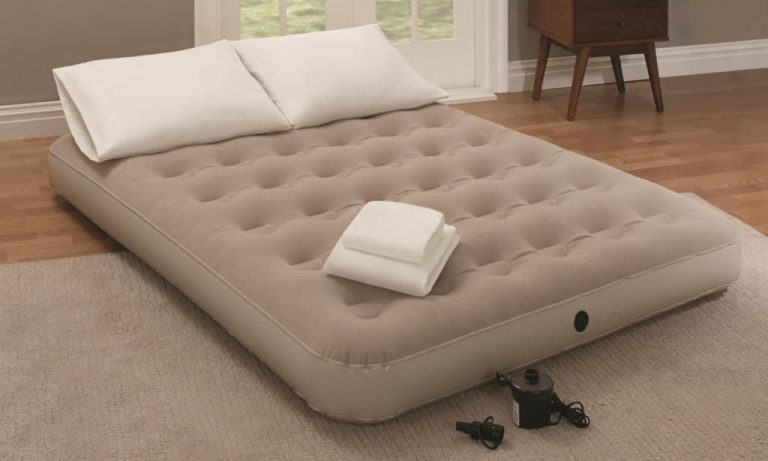A good night’s sleep is essential to our well-being and productivity. The type of mattress we choose can greatly influence the quality of our sleep. But with so many options available today, how do we decide what is best? In this article, we will delve into the age-old debate: is an air mattress better than a regular mattress?
Traditional Mattresses: The Tried and True
Traditional mattresses, including innerspring, memory foam, and latex, are the most common choices for consumers. These types offer varying degrees of support and comfort, accommodating a wide range of sleepers.
Innerspring mattresses, with their steel coil support system, provide a traditional bounce feeling and strong support. Memory foam mattresses contour to the body, providing pressure relief and support for the spine. Latex mattresses, known for their durability and comfort, are ideal for those who prefer a more resilient and eco-friendly material.
Air Mattresses: The Modern Solution
Air mattresses, on the other hand, are a versatile and often more affordable alternative to traditional mattresses. The unique advantage of an air mattress is its customizable firmness. By inflating or deflating the mattress, you can adjust the firmness to suit your personal comfort preferences.
The best air mattress can even offer dual firmness controls, allowing two sleepers to individually adjust their side of the bed. This feature is particularly advantageous for couples with different comfort needs. Air mattresses are also easy to store and transport, making them a great choice for camping, travel, or unexpected guests.
Comparing Health Benefits: Regular Mattress Vs. Air Mattress
When it comes to supporting spinal alignment and relieving pressure points, both regular and air mattresses have their merits. The contouring ability of memory foam mattresses can help reduce pressure on joints and assist in maintaining a neutral spine position.
Air mattresses, with their adjustable firmness, can be tailored to provide ideal support for any body type or sleeping position. Moreover, a well-constructed air mattress can help prevent bedsores and reduce back pain, making it an excellent option for people with chronic pain or mobility issues.
Durability and Maintenance
Durability is another crucial factor to consider. Traditional mattresses typically last between seven and ten years before they begin to sag and lose their support. Air mattresses may require more maintenance due to the potential for leaks and punctures. However, most high-quality air mattresses are built to last and come with repair kits and warranties to mitigate these issues.
Conclusion
So, does an air mattress trump a regular mattress? The response is contingent on your individual requirements and situation. An air mattress provides adjustable comfort, portability, and potential cost savings. Traditional mattresses, on the other hand, offer a variety of materials for customized support and pressure relief.
Before making a purchase, consider your sleeping habits, lifestyle, budget, and any health concerns. Regardless of your choice, a good mattress, whether it’s the best air mattress or a high-quality traditional mattress, should provide the comfort and support you need for a restful night’s sleep.

